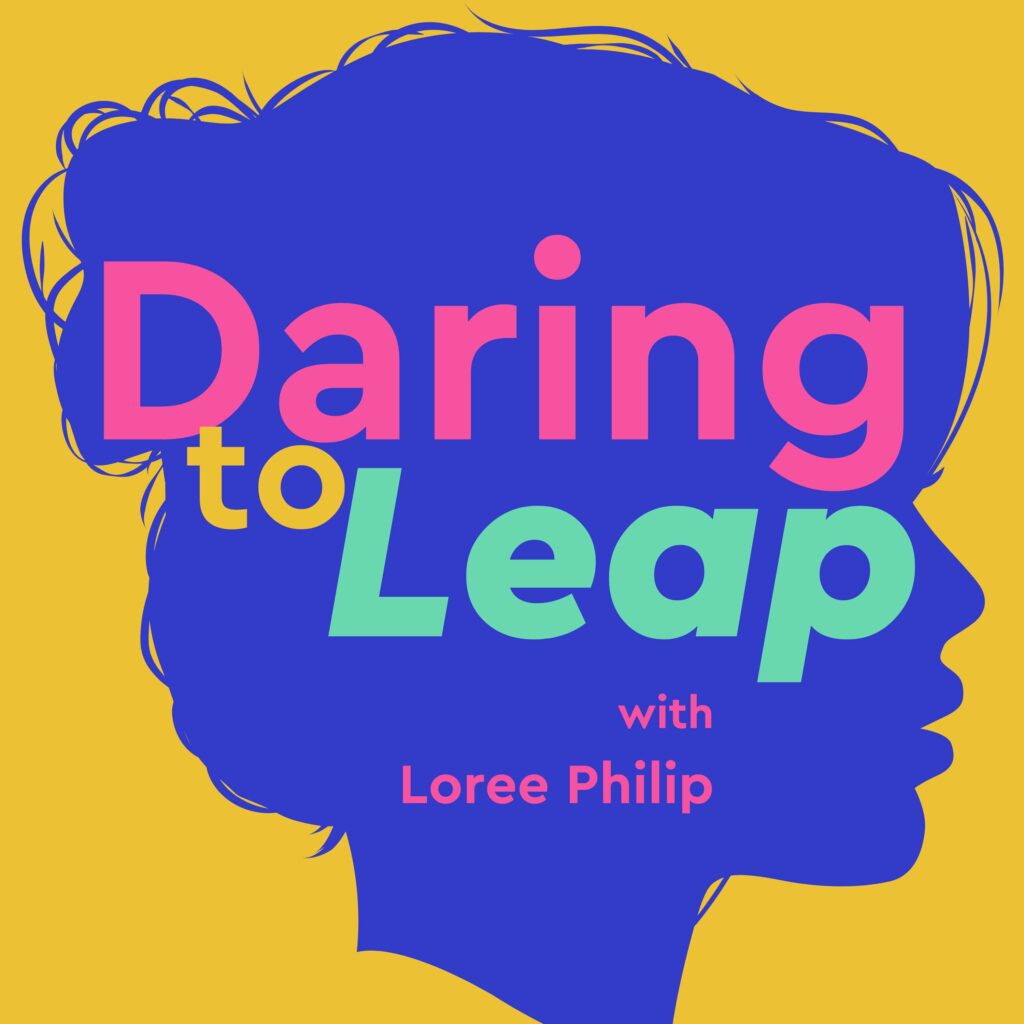Do you feel stuck in your career and wonder if there’s something more fulfilling out there for you? What if you could pivot to a new career that aligns with your passions and life goals while maintaining a balanced lifestyle?
In the latest episode of Daring to Leap, Shannon Russell, a career transition coach, certified UMAP coach, writer, speaker, and host of the Second Act Success Career Podcast, joins our host, Loree Philip, to discuss how you can achieve a balanced and fulfilling second act in your career.
This conversation breaks down practical strategies and empowering insights that will help you navigate career pivots and embrace new opportunities without losing sight of what matters most.
By listening to this episode you’ll:
- Learn the importance of career identity and how to transfer your skills to new opportunities.
- Gain insights into overcoming societal pressure and self-doubt during a career change.
- Find out how to set priorities and non-negotiables for a fulfilling career transition.
- Explore the value of support systems and incremental steps in career pivots.
- Get practical tips on researching and testing new career paths.
By the end of this episode, you’ll be inspired and equipped with actionable steps to confidently embark on a successful career change, ensuring a seamless alignment with your personal and professional goals. So why wait? Hit play and start planning your fulfilling second act today!
Connect with Shannon:
Connect with Loree:
Instagram – @loreephilip
LinkedIn – @loree-philip
